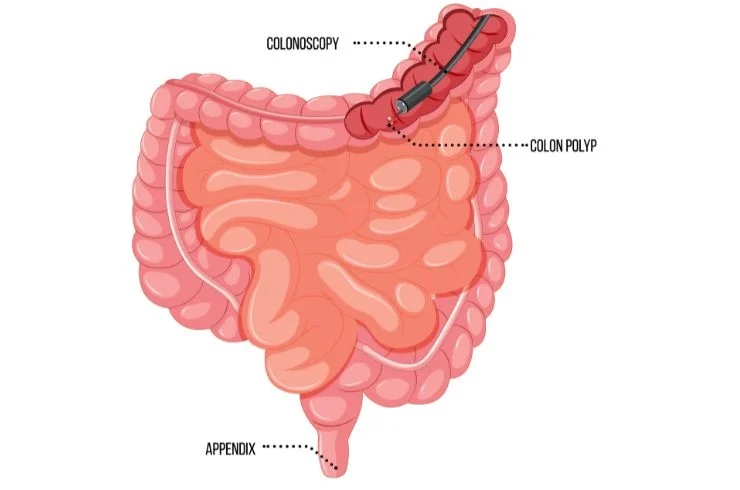
Colonoscopy is a vital medical procedure used to examine the inner lining of the large intestine (colon) and rectum. A flexible tube called a colonoscope, equipped with a camera and light, is inserted through the rectum to allow doctors to view the colon in real-time on a monitor. This procedure is essential for diagnosing conditions like colorectal cancer, polyps, diverticulosis, and inflammatory bowel diseases such as Crohn’s disease or ulcerative colitis.
Colonoscopy is often recommended for individuals experiencing symptoms like persistent abdominal pain, unexplained weight loss, changes in bowel habits, or rectal bleeding. It’s also used as a routine screening for colorectal cancer, especially for those over the age of 50, or for people with a family history of the disease.
The procedure, typically performed under sedation, is both diagnostic and therapeutic. It allows for the removal of polyps—small growths that could potentially develop into cancer—and biopsies can be taken for further analysis. Early detection of polyps and abnormal tissue can significantly reduce the risk of developing colorectal cancer.
Preparation for a colonoscopy involves cleansing the colon with a special diet and laxatives prior to the procedure to ensure clear visibility. Though generally safe, colonoscopy may carry minor risks such as bleeding or perforation of the colon.
Overall, colonoscopy is an essential tool in preventive healthcare, providing early detection and treatment of colorectal conditions, improving patient outcomes, and potentially saving lives.